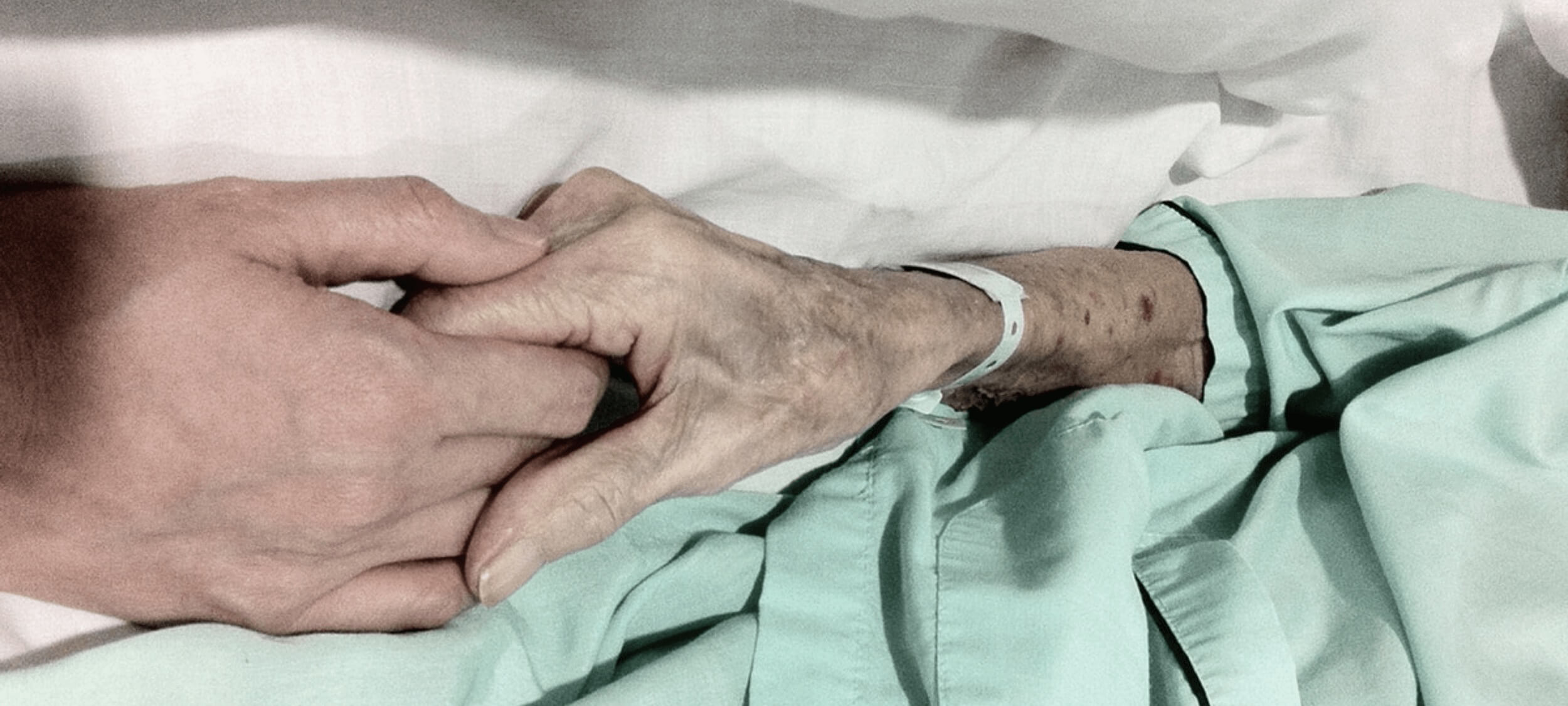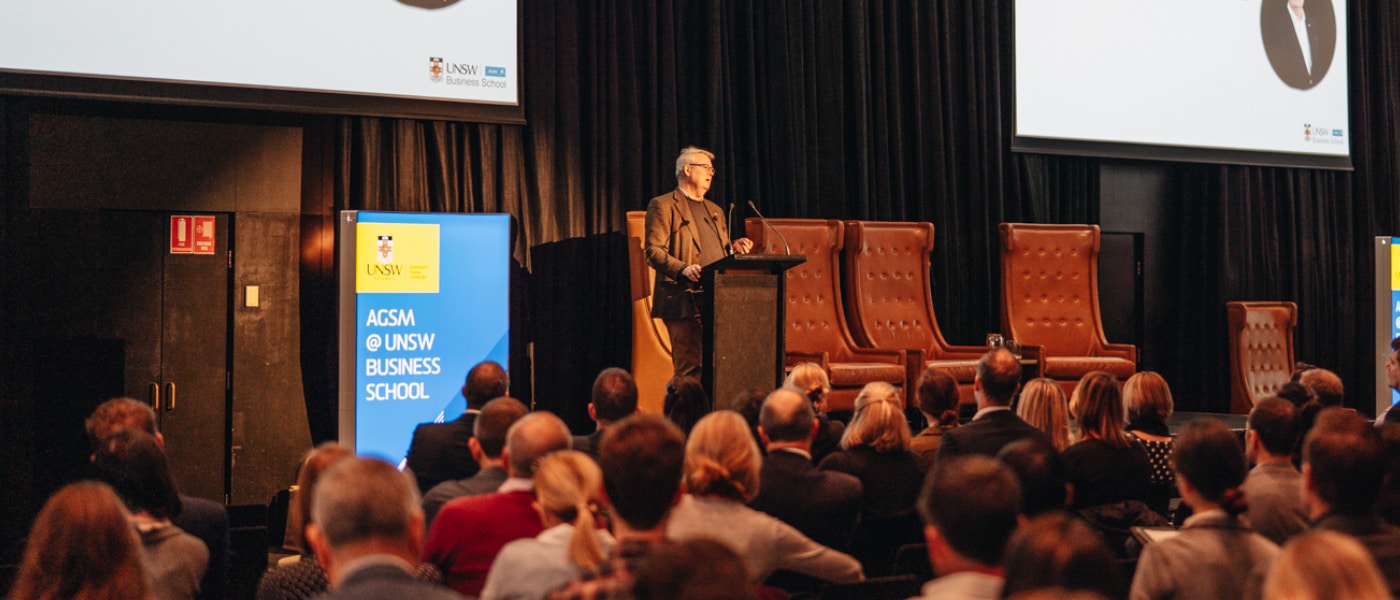
‘Anyone who says that life matters less to animals than it does to us has not held in his hands an animal fighting for its life’. Elizabeth Costello, from J. M. Coetzee’s The Lives of Animals
‘Don’t think, but look!’ – Ludwig Wittgenstein, Philosophical Investigations
Philosophical debates about animal welfare can appear abstruse. Much scholarly ink has been spilt over whether animals possess the requisite features—an interest in the future, an ability to suffer, a mind—that would ground our duties towards them. I wonder, however, if theoretical arguments of this sort really do justice to the issue at hand, which seems not so much a matter of moral disagreement as a radical difference in ways of seeing. What for the animal rights activist is a mechanised holocaust of unconscionable scale is for the meat-eater an institution that betters their well-being. The most pressing issue, as I see it, is not whether animals have rights, but whether we are able to see them at all as fellow creatures inhabiting the same world and sharing our vulnerabilities.
In J.M. Coetzee’s novella, The Lives of Animals, the elderly novelist Elizabeth Costello is invited to give an address at Appleton College. Her chosen theme being on our treatment of animals, she prefaces her lecture by exhibiting what she calls a ‘wound’: a scar from being exposed to the haunting nature of our treatment of animals, of being surrounded by well-meaning human beings who remain bewildering blind to the atrocities she alone perceives.
Throughout the novella, Costello discusses and answers arguments but never as the theorising philosopher. When an opponent suggests that life and death cannot be to animals, who lack a sense of identity, what it is to us, she responds by the line quoted in the epigraph of this piece, that whoever would say so has not held in their hands an animal fighting for its life, a line which I find stunning. Never mind our favoured theory of the mind, can’t you see it is suffering?
Here is an affirmation of our exposure to the suffering of animals, an involuntary confrontation, before which what is called upon is not our reason but an anguished response that is a testament to our humanity. Costello is not a vegetarian out of moral convictions; instead, she insists ‘“it comes out of a desire to save my soul”’– out of a vivid awareness of her exposure. There is a sense in which any attempt at philosophising inevitably ends up deflecting us away from that immediate reality, the animals in our hands.
Costello provocatively compares the meat industry to the Holocaust. Her point, I take it, is linked to what Stanley Cavell has called ‘soul blindness’: a failure to see another human as human. Primo Levi, in his Survival in Auschwitz, vividly recalls the look from a Nazi examiner, which ‘came as if across the glass window of an aquarium between two beings who live in different worlds’. What we find so accursed about the examiner, I think, is not his false moral beliefs – rather, there seems to us a critical defect in their sensibility, a blindness to humanity which stings.
We find another illustration of ‘soul blindness’ in the film Blade Runner, which imagines a world where human-like ‘replicants’ are mass-produced and enslaved, and those who escape are tracked down.
At first pass, we might see Blade Runner as a film noir exploring the boundary between humans and intelligent replicants; yet when we realise that the replicants, who can think, feel, and interact exactly like humans, are perhaps denied moral status only by the technical stipulation that ‘humans’ are those with a specific biology, the film takes on a more sinister meaning. In particular, it might shock us with how easily we become blinded to the living humanity of another, when some abstract, in hindsight irrelevant pieces of information are introduced – ‘They do not have DNA’; or ‘They are a Jew’.
Animal rights activists often point to the difference in our treatment of pets and those whom we eat for meat; but rather than dismissing it as a sign of our irrationality, if not hypocrisy, the datum ought to be probed further. What is different is a way of seeing: the pets are companions, family members, whom we acknowledge as fellow creatures, while the pigs are just food.
Many times I have felt deeply perturbed, flipping through an illustrated children’s book, when I saw the image of a smiling pig with just the right amount of anthropomorphism that it looks uncanny. Those are eyes which I do not dare meet. The knowledge inside those images, that a pig is also a being capable of feelings and suffering, is knowledge too terrible to bear – we have been raised to suppress it. If he could explain the examiner’s look, Levi tells us, he would also have explained the insanity of the Third Reich. We might make a parallel statement about animals: if one could explain the way we look upon animals as mere food and not living creatures like us, then one would also have explained our treatment of animals.
Here is what I think the three cases – our treatment of animals, the Holocaust, and the enslavement of replicants – have in common: drawing on an idea of Simone Weil, they are issues on a separate moral plane from those to be afforded intellectualised debate. We could argue about why slavery is wrong, but we should not argue over if it is wrong. I am not saying that we should give up persuasion and begin accusing each other of the monstrosity of eating meat; rather, what I claim is that abstract disputes over rights and permissions seriously misrepresent the moral terrain.
Levi remarks that one of the things the camp taught him was ‘how vain is the myth of original equality among men’. What use is there of a theory of human rights if the abuser does not see you as a human at all? This is why Costello appeals not to philosophy, but to imagination and poetry: a chasm of sensibility can only be bridged by changes in the way of seeing. And why should our response to animals be out of a sense of duty? Often, the more humane response may well be one out of kindness and a sense of fellowship.
In today’s world, our blindness to each other’s humanity is unfortunately still all too prevalent – the images that emerge from recent conflicts confirm it. One could say, however, that our blindness to the suffering of animals is just as distressing. What is most frightening is perhaps not that we come up with the wrong moral beliefs, but that we lose the ability to see animals, and other humans, as fellow beings who are like us.
‘Blindness and seeing‘ by David He is one of the Highly Commended essays in our Young Writers’ Competition. Find out more about the competition here.

Ethics in your inbox.
Get the latest inspiration, intelligence, events & more.
By signing up you agree to our privacy policy
You might be interested in…
Opinion + Analysis
Health + Wellbeing, Relationships
Banning euthanasia is an attack on human dignity
Opinion + Analysis
Business + Leadership, Relationships
The role of the ethical leader in an accelerating world
Explainer
Relationships
Ethics Explainer: Pragmatism
Opinion + Analysis
Health + Wellbeing, Relationships, Science + Technology




